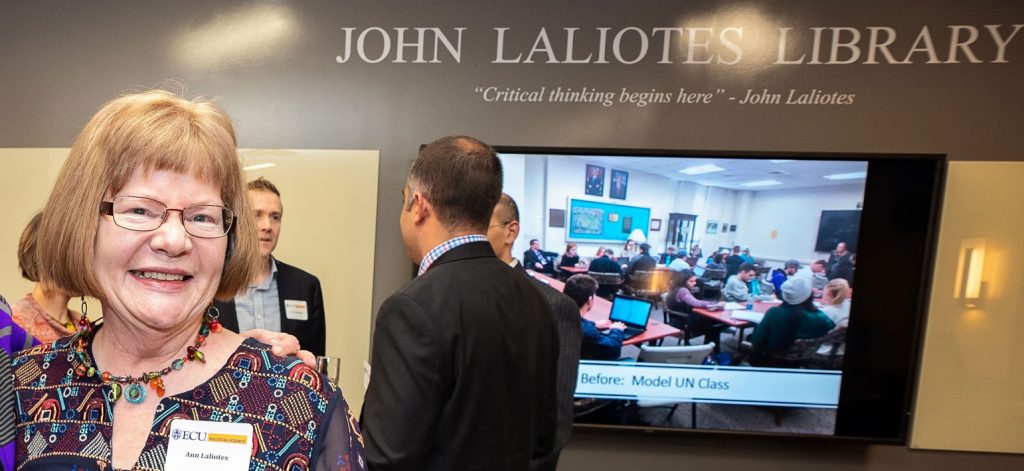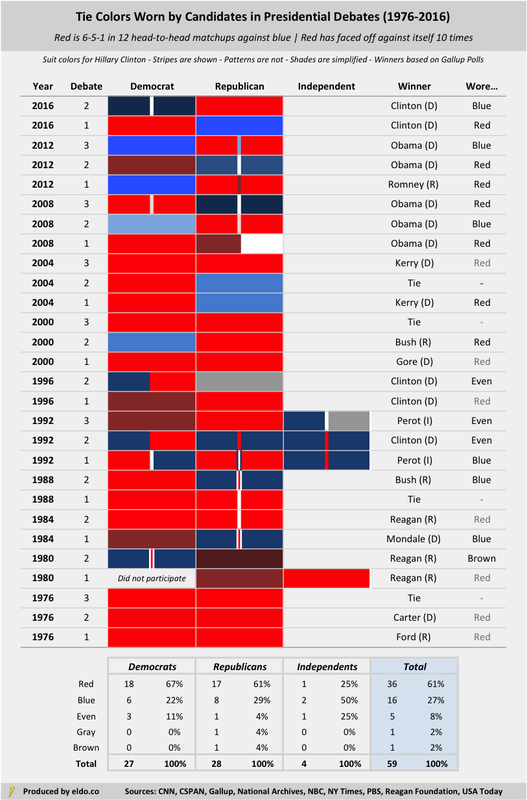Led by the efforts of Dr. Paynter, of the Department of Political Science, East Carolina University received a $1 million award from the Golden LEAF Foundation to support rural economic prosperity through innovation and entrepreneurship.
The grant, awarded on Feb. 7, will support ECU’s recently launched university-wide program focused on creating a new generation of business owners in the 29 counties of eastern North Carolina, reflective of its name RISE-29.

